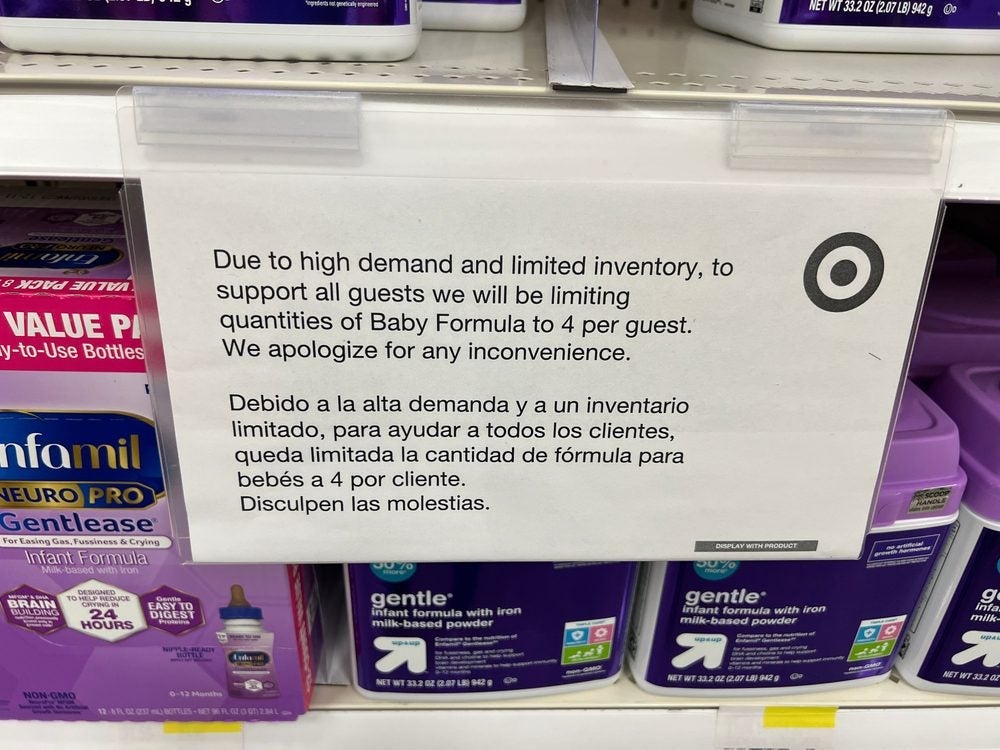On Tuesday, Google announced that it will pay $102 million up front for dMarc Broadcasting Inc., a radio advertising firm. An additional $1.14 billion will be paid over the next three years if specified revenue and ad performance targets are met. This acquisition would be Google’s largest in its eight-year history. The deal is expected to close this quarter.
dMarc is a privately held company based in Newport Beach, California. It is a vessel that allows advertisers to connect to radio stations through an automated advertising system that aims to simplify the process of selling, scheduling, and delivering advertisements, according to Google. dMarc’s platform also automates the process of tracking ads that air on more than 500 stations across the country. Google intends to integrate dMarc’s technology into their AdWords business, which would create a new radio advertisement avenue for Google advertisers.
“Google is committed to exploring new ways to extend targeted, measurable advertising to other forms of media,” said Google’s vice president of advertising sales, Tim Armstrong.
Analysts are already viewing this as a portent that the Mountain View, California-based giant will move beyond online advertising and eventually make a run at television ad-buying.
Greg Sterling, an analyst with Kelsey Group, said that Spot Runner would be a feasible and logical business for Google to eye next. He said that Spot Runner, a local cable television buying service, “is a similar example of a kind of company that we would expect Google to also want to acquire – or at least a similar capability – to extend into TV.”
There is a possible danger in this strategy. Martin Pyykkonen, a financial analyst with Hoefer & Arnett, said that as Google continues its expansion into new media, they run the risk of competing directly with advertising agencies, which constitute some of their largest buyers.
Other analysts see the upside to Google becoming a one-stop shop for various types of ads. According to JPMorgan analyst Spencer Wang, radio advertising is expected to reach $25 billion, while print advertising is expected to reach $78 billion by 2010.
Robert Peck, an analyst with Bear Stearns, expects Google to continue its investments in advertising through traditional media, and thinks that this strategy will allow Google to diversify its advertising business so that it will not be so dependent on cost-per-click ads.
Sources:
http://today.reuters.com/
business/newsArticle.aspx?
type=ousiv&storyID=2006-01-
17T182310Z_01_WEN7824_RTRIDST
_0_BUSINESSPRO-DMARC-GOOGLE-
DC.XML
http://news.com.com/Google+
to+buy+radio+ad+company/2100-
1024_3-6027499.html?tag=
nefd.top
http://www.adweek.com/aw/
national/article_display.
jsp?vnu_content_id=
1001847187
 Network
Network

